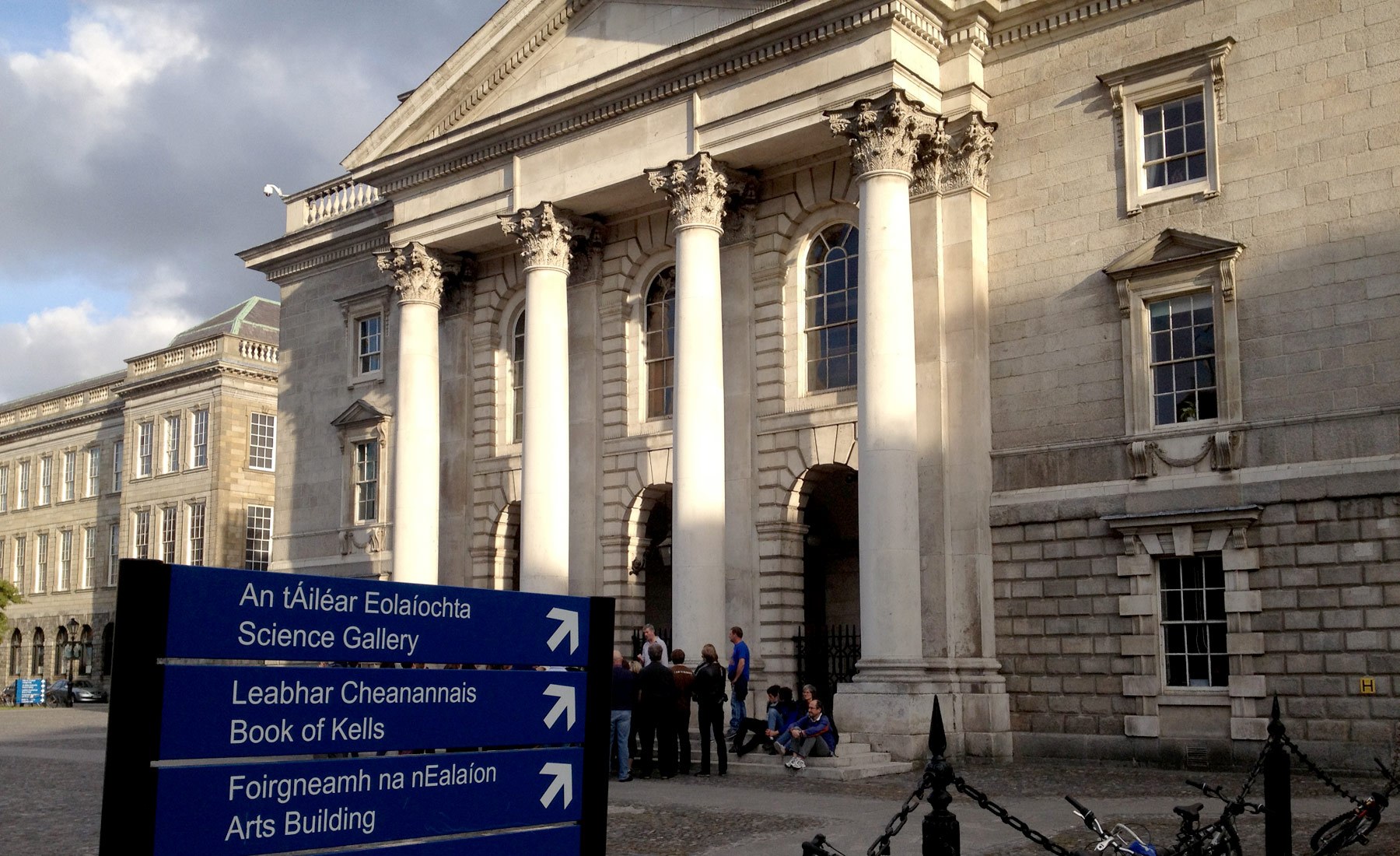55% of Trinity’s teaching spaces are utilised at a rate of 25%. This figure comprises 34% of teaching spaces which are underutilised, and 21% of spaces which are defined as having low frequency usage. According to the strategy, 21% of teaching spaces find themselves used at a frequency of between 25 and 40%, with 28% of the spaces seeing a “good frequency” of above 40%.
According to the Estates Strategy, this data is more likely to be “good” in a university with a “one dimensional teaching load” rather than Trinity, which is described as “a more complex, historic, research university”. It also suggested that utilisation figures are lower depending on the complexity and diversity of the course structure.
The strategy also attributes some unreliability to overbooking, which arises when block bookings occur and are “not amended as term progresses”. This is believed to overstate utilisation. It is suggested that assessing this efficiently is costly, with methods such as Wi-Fi sensors operating at “variable degrees of quality”.
More specifically, it is believed that Trinity’s figures are not reliable and it is “difficult to gauge to which degree they are overestimated”. This is due to bookings not being used and imbalance between group sizes and room sizes.
The report also noted that 75% of Trinity’s academic spaces require “major repair or replacement”. According to the Estates Strategy there should be a focus on “improvement of overall condition”. Only 25% of Trinity’s spaces are in good or excellent condition, with the report also noting that it is typical for this number to be somewhere close to 80%.
Trinity recently saw refurbishment across the Arts Building, but this did not include teaching spaces. The Arts Building saw part of a €4 million refurbishment, with teaching spaces ignored as they were not deemed to be in a “bad condition”. According to the Bursar, Veronica Campbell, it was intended to provide “more informal learning spaces”.
Trinity has also seen 41% of its net academic area needing modernisation, according to the Estates Strategy. 2% requires complete replacement, with only 4% observed “as new”. Trinity currently contains an academic area of 21% deemed to be in good condition. 32% of the area is also described as operationally safe.
This requirement of replacement is described as a building which “is in such poor condition that it would be more economical to replace it rather than to upgrade, adapt and/or refurbish [it]”. Operational safety is described as requiring “major repair” or “replacement” in the short to medium term, which will be fixed using capital programme of investments.
Furthermore, the Faculty of Arts, Humanities and Social Sciences (AHSS) requires modernisation in 82% of its facilities. However, the faculty also sees 7% of its facilities deemed “as new”, however this is fully attributed to the School of Business, who are currently developing the new Business School, which will be completed for the coming academic year.
The Faculty of Engineering, Mathematics and Sciences (EMS) requires replacement in 5% of its facilities, with the largest portion of this required by the School of Engineering. The School of Natural Science was also found to require the largest amount of modernisation. None of the faculties within EMS saw any facilities deemed “as new”.
The Faculty of Health Sciences (HS) saw 10% of its facilities deemed to be “as new”, with all of this held by the School of Medicine. The School of Pharmacy and Pharmaceutical Studies were found to have no facilities requiring immediate modernisation. According to the strategy, 38% of the total area in the faculty was in need of this modernisation.
Trinity currently sees the AHSS faculty hold 19% of its facilities, with EMS and HS amassing 52% and 29% respectively.
This was the first Estates Strategy launched by Trinity, and was released last Wednesday. This strategy will link with the new 2019 – 2024 Strategic Plan and will be supported by Guidelines and Principles for the Estate.






